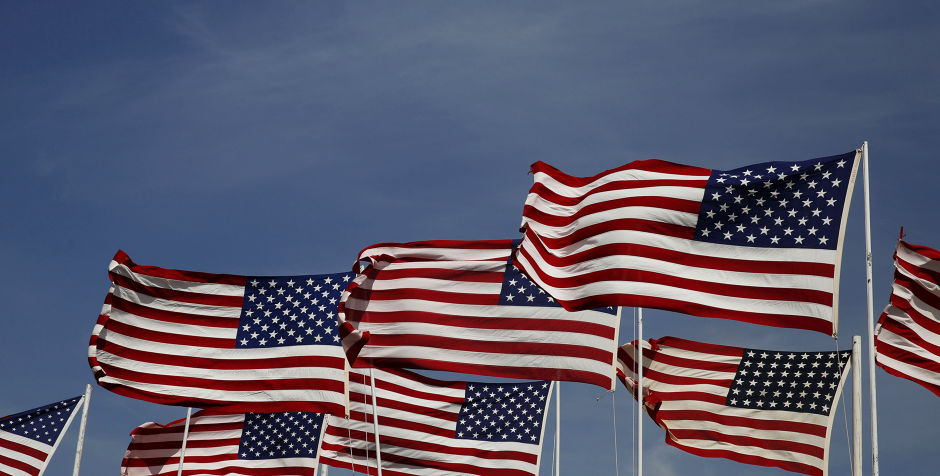ACLJ Lawsuit Filed To Protect Religious Speech
One of the many important things we do at the American Center for Law & Justice (ACLJ) is to ensure that people can spread the Gospel without unconstitutional interference by the government.
This past week we filed a lawsuit in a New Jersey federal court on behalf of Joseph Paolella against the Borough of Point Pleasant Beach, New Jersey. Through that lawsuit we seek to end the Borough’s restrictions on religious speech and expression on its public Boardwalk.
Mr. Paolella is an adherent to the Christian faith and holds sincere religious beliefs concerning the need to exercise and express his Christian faith. He has the sincere religious belief that he is to share his Christian faith with those who want to voluntarily hear it.
Mr. Paolella travels to public areas in New Jersey and elsewhere and exercises his Christian faith by communicating his religious beliefs to others by holding signs expressing a religious message, speaking with those interested in hearing about God and the Bible, and handing out, without charge, religious tracts and literature to those who want to receive them.
Recently, he contacted the Borough of Point Pleasant Beach because he wanted to come to their Boardwalk, which is open to the general public as is any public sidewalk, to share his religious message with those who want to receive it.
The Borough responded that before Mr. Paolella could come to the Boardwalk and express his religious message, he first needed to complete and submit—thirty days ahead of time—a series of forms.
In particular, although Mr. Paolella would be on the Boardwalk talking with people about God and not engaging in conduct that would endanger himself or others, the Borough required him to provide proof of sufficient insurance and agree to “indemnify, and hold the Borough of Point Pleasant Beach and its officers, agents and employees harmless from any and all liability, claims, costs and attorney’s fees arising out of the use of the property,” including those that arise from the negligence of the Borough or Borough employees or from “the acts or omissions from any guest, participant, visitor or other person.”
In contrast to its treatment of religious speech on the Boardwalk, the Borough does not impose similar requirements on those who want to speak about non-religious, non-commercial matters on the Boardwalk. Those people are free to walk and talk on the Boardwalk as one would expect to occur on a public right of way.
We will continue to keep you posted on this case as well as the other important work of the ACLJ.
